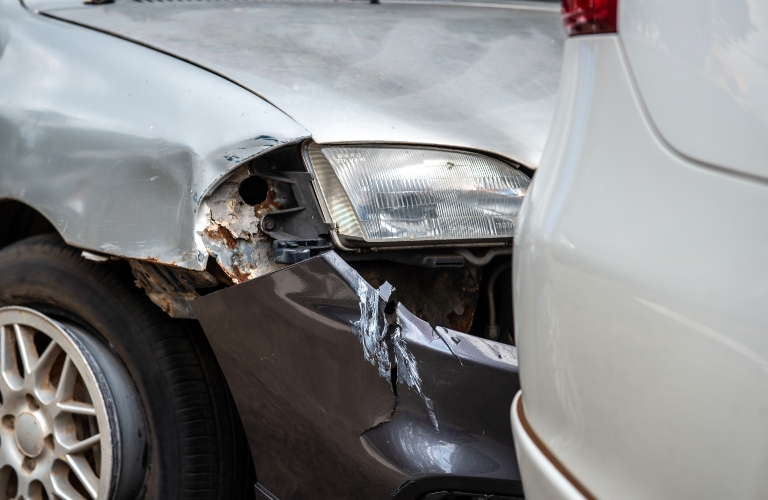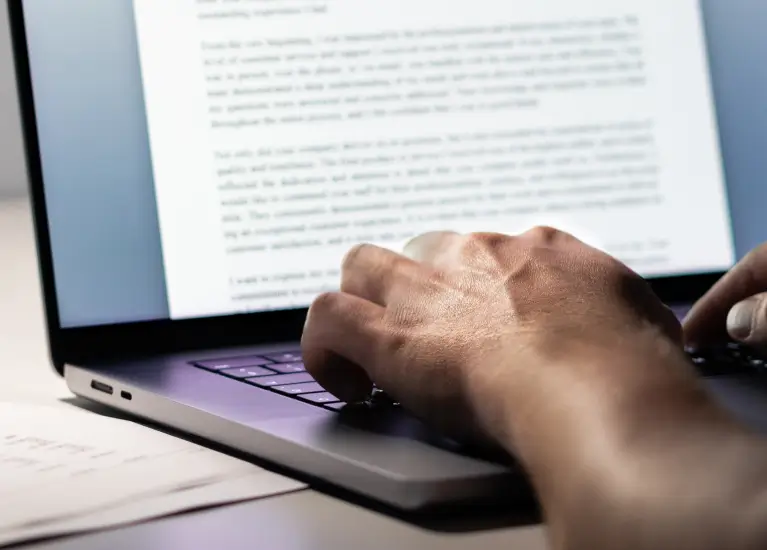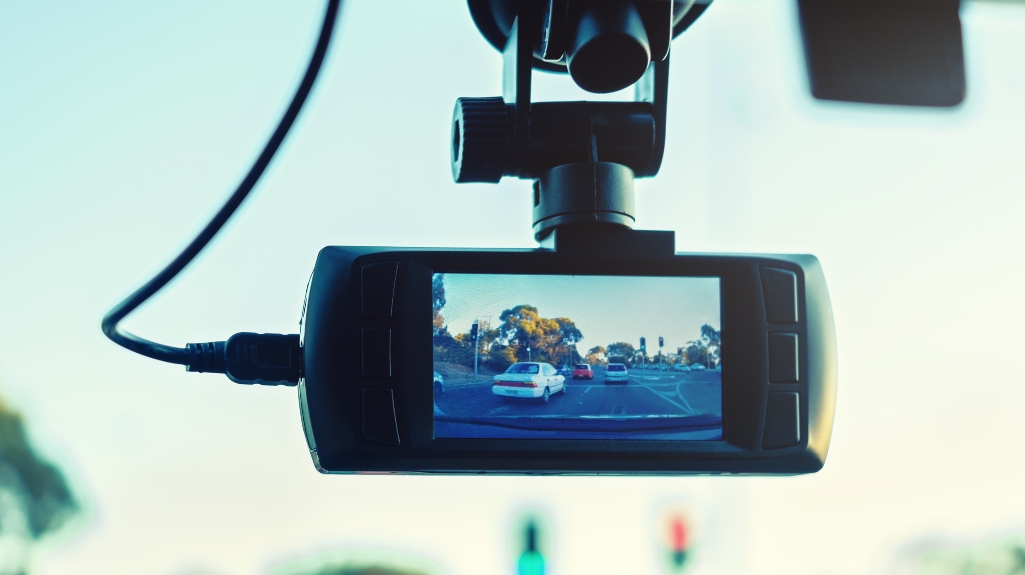Being in a car accident can turn your whole day upside down. After the shock wears off, you are often left trying to sort out what happened and who was at fault. That is where dash cams are starting to play a bigger role for drivers in Chicago. These small cameras record what is happening on the road and can capture key moments that might help support your side of the story.
Having video from a dash cam can give you something solid to show after an accident. But while the footage can help, there are a few things you need to know about how it works in a legal case. If you have been in an accident and are wondering if your dash cam footage might help your claim, reach out to Fabbrini Law Group to learn more about your options.
How Dash Cam Footage Can Support Your Claim
Dash cam videos give you hard evidence to fall back on after a crash. You don’t have to strain to recall every little thing or get into a he-said-she-said with the other driver. The video lays out what went down. This makes it a whole lot easier to show what happened.
The video might catch a car blowing through a red light, taking a dangerous turn, or failing to stop in time. It can also show what the road, traffic, and weather were like when the crash occurred. At times, the camera even picks up tiny details, like a license plate or how a driver acted just before or after the wreck.
When the video clearly shows who was responsible, it becomes much harder for insurance companies to dispute your version of events. Since they often look for ways to pay less, having clear footage can help strengthen your claim and give you better footing during negotiations or if the case goes to court.
Legal Considerations in Illinois
Dash cam footage can be a big help after an accident, but there are a few legal rules in Illinois that you should be aware of if you plan to use it.
Illinois has a two-party consent rule for audio recordings. This means if your dash cam picks up sound inside your car, everyone being recorded needs to know and agree to it. This rule comes from the state’s eavesdropping law under Illinois statute 720 ILCS 5/14-2. Video recordings of public roads are treated differently though. You do not need anyone’s permission to record video of what happens out on the road since public spaces generally do not have the same privacy protections.
If you want to use your dash cam footage in court, the video must be clear, unedited, and directly related to the accident. Judges want to see that the footage is real and has not been changed. Keeping the original file stored safely is important. Any editing or missing footage could make it harder for the court or insurance companies to trust the video.
When your dash cam captures the moments leading up to the crash, it can help support your case. Following Illinois laws when using and handling your dash cam can make sure the footage is useful if you ever need it for a claim. A lawyer can also guide you on how to use the video as part of your case and help you avoid any legal issues.
When Dash Cam Footage Might Not Help

Even though dash cam footage can be helpful, there are times when it does not work in your favor. The camera might not catch everything that happened. Sometimes the crash happens outside the camera’s view, or the video is too dark or blurry to see important details. Poor weather or lighting can also make it hard to tell what really took place.
There are also situations where the footage might actually hurt your case. If it shows that you made a mistake or did not follow traffic rules, the other side may try to use that against you. Insurance companies often look for anything that can weaken your claim.
Because of this, it is smart to have a lawyer look at the footage before you give it to anyone. An attorney can help you figure out if the video supports your claim or if it could cause problems. We can also help you decide how to use the footage in the best way possible.
Speak With a Chicago Accident Attorney Today
If you were involved in a car accident and have dash cam footage, it could play an important role in your case. Still, the video is only one part of what needs to be considered. Knowing how to use that footage, what details matter most, and how to handle the insurance company can all make a difference in the outcome.
An experienced attorney can walk you through the process, help you review the footage, and make sure your rights are protected from start to finish. If you are dealing with a car accident claim and want to know how dash cam footage might help, contact Fabbrini Law Group for a free consultation. Our team can help you understand your options and work with you to build a strong case.


